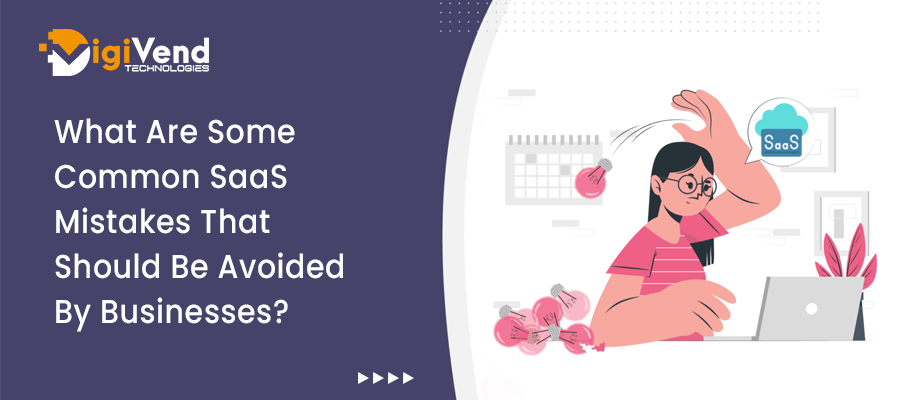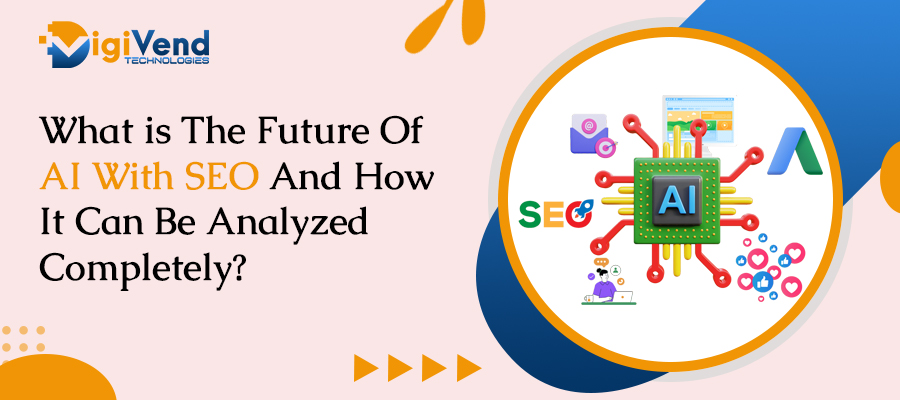Pay-per-click (PPC) advertising has emerged as a powerful tool in this pursuit, offering a dynamic and results-driven approach to online marketing. In this comprehensive guide, we’ll explore the intricacies of PPC, its various types, best practices, and how it can benefit businesses seeking immediate and measurable outcomes.
What is Pay Per Click (PPC) Advertising? A Brief Overview
At its core, PPC is a digital advertising model where advertisers pay a fee each time their ad is clicked. Unlike traditional advertising methods, where payment is made regardless of the ad’s performance, PPC allows businesses to allocate their budget efficiently by paying only for actual clicks. Popular platforms for PPC campaigns include Google Ads, Bing Ads, and social media platforms like Facebook marketing ads and Instagram marketing ads.
Different Types of PPC Advertising For Choosing the Right Strategy
Search advertising, notably through Google Ads, places your ads at the top of search engine results pages (SERPs) when users search for relevant keywords. This type of PPC is highly effective for capturing users actively searching for products or services.
- Display Advertising: Captivating Visual Audiences
Display advertising involves the creation of visually appealing banner ads that are displayed on websites within a network. This type of PPC is ideal for creating brand awareness and reaching a broader audience.
- Social Media Advertising: Targeting Specific Demographics
Social media platforms like Facebook, Instagram, and Twitter offer robust PPC advertising options. With precise targeting capabilities, businesses can tailor their ads to specific demographics, interests, and behaviors.
- Reconnecting with Interested Visitors
Remarketing involves targeting users who have previously visited your website but didn’t convert. By displaying ads to these users as they browse other websites, you increase the chances of re-engaging them and converting them into customers.
How to Get the Most Value Out of Your PPC Ad: Tips and Strategies
Conduct thorough keyword research to identify the terms and phrases relevant to your business. Utilize tools like Google Keyword Planner to discover high-performing keywords with the potential to drive quality traffic.
- Compelling Ad Copy: Grabbing Attention in Seconds
Craft persuasive and concise ad copy that highlights your unique selling points. Use compelling language, incorporate relevant keywords, and include a clear call to action to drive user engagement.
- Landing Page Optimization: Seamless User Experience
Ensure that your landing pages align with the ad content and provide a seamless user experience. Optimize landing pages for speed, relevance, and ease of navigation to improve conversion rates.
Best Practices in PPC To Understand Roadmap to Success
Strategically schedule your ads to appear when your target audience is most active. Analyze data to identify peak times and days for optimal ad visibility.
- Ad Extensions: Maximizing Ad Real Estate
Take advantage of ad extensions to provide additional information such as site links, location details, and contact information. This not only enhances the user experience but also improves ad visibility.
- Continuous Monitoring and Optimization: The Key to Long-Term Success
Regularly monitor your PPC campaigns, analyze performance metrics, and make data-driven adjustments. This iterative process ensures ongoing optimization and maximizes the return on investment.
Who Needs PPC, Anyway? Unveiling the Target Audience
For online retailers, PPC is a direct pathway to boosting sales and driving conversions. It allows businesses to target specific products, showcase promotions, and compete effectively in the crowded e-commerce landscape.
- Local Businesses: Enhancing Local Visibility
Local businesses benefit from PPC by targeting users in their geographic vicinity. This enables them to reach potential customers actively seeking local products and services.
- Startups: Rapidly Building Online Presence
Startups can leverage PPC to quickly establish their online presence and generate immediate traffic. It’s a powerful tool for gaining visibility in competitive markets. Interested in Adding Inbound Marketing to Your Efforts? The Synergy with PPC
- Content Marketing Integration: Building Authority and Trust
Combine PPC with content marketing to reinforce your brand’s authority and trustworthiness. Use engaging content to capture the attention of users who click on your ads, nurturing them through the buyer’s journey.
- Email Marketing Synergy: Building Lasting Relationships
Integrate PPC with email marketing to create a cohesive customer journey. Use PPC to capture leads and then nurture those leads through targeted email campaigns, fostering lasting relationships.
Frequently Asked Questions (FAQs)
Is PPC suitable for small businesses with limited budgets?
Yes, PPC can be tailored to fit various budgets. With careful targeting and strategic keyword selection, small businesses can achieve cost-effective results.
How long does it take to see results from a PPC campaign?
PPC can yield instant results, with ads appearing as soon as the campaign is activated. However, optimal results may require ongoing monitoring and adjustments.
What metrics should you monitor to gauge the success of my PPC campaign?
Key metrics include click-through rate (CTR), conversion rate, cost per click (CPC), and return on ad spend (ROAS).
Can PPC be combined with other digital marketing strategies?
Absolutely. PPC works synergistically with other strategies like Search Engine Optimization, content marketing, and social media to create a comprehensive digital marketing approach.
Are there industries where PPC is particularly effective?
PPC can be effective across various industries, but it tends to excel in e-commerce, healthcare, legal services, and other sectors with high competition for online visibility.
Also Read: Which Is Better For Local Business Marketing: Facebook Ads Vs Google Ads?
 ISO 9001:2010
ISO 9001:2010 INDIA: +91 8447 380 102
INDIA: +91 8447 380 102 USA: +1 (321) 800-5881
USA: +1 (321) 800-5881








